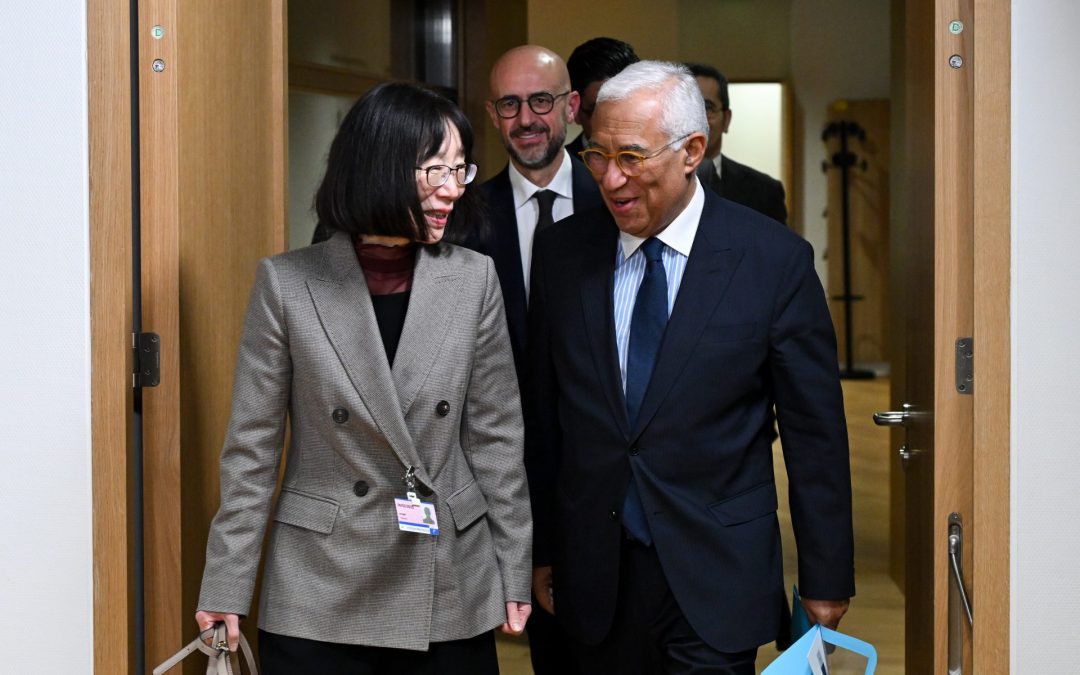Brussels / Washington (ANSA) – The US sanctions on the International Criminal Court have been condemned by 79 UN member countries with a joint statement asserting that “they would severely compromise all currently under investigation, as the Court might have to close its field offices,” as well as “increase the risk of impunity for the most serious crimes and threaten to erode the rule of international law”.
Among the signatories are Germany, France, Spain, and the United Kingdom, but not Italy. Among the critics of the US sanctions is also the President of the European Commission, Ursula von der Leyen, who clarified on social channels how the Hague Tribunal guarantees “accountability for international crimes and gives a voice to victims worldwide. It must be able to freely pursue the fight against global impunity”.
“Europe – she pointed out – will always advocate for justice and respect for international law”. Words that were followed by those of the Court’s president, Tomoko Akane. “Trump’s sanctions are “a serious attack on international law” and “aim to undermine the Court’s ability to administer justice in all situations,” explained the Japanese judge.
The episode comes at a time of deep friction between Rome and the Hague Court, with the latter being publicly attacked by the Minister of Justice Carlo Nordio in Parliament and the Minister of Foreign Affairs Antonio Tajani, who invoked an investigation against the ICC for its stance on the Almasri case, the Libyan commander released by Italy despite the Court having issued an arrest warrant against him accusing him of war crimes and crimes against humanity.
In the meantime, the ICC has taken action by meeting with EU leaders on Thursday. Requesting and obtaining concrete support from the institutions. With the use, for example, of the so-called Blocking Statute, which allows counteracting the effects of sanctions imposed by extraterritorial laws. And with a basic principle that Akane wanted to reaffirm erga omnes: “The ICC rejects any attempt to politicize its role” (February 7).
 go to the original language article
go to the original language article
